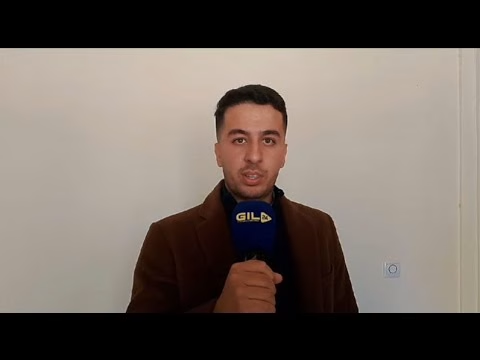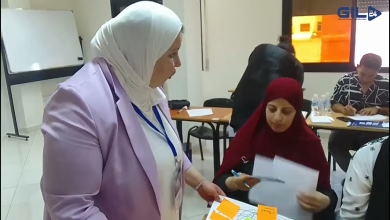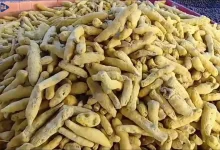GIL24-TV Dr. Omar NCIRI … Rotator Cuff Tendinopathy

Rotator Cuff Tendinopathy: A Detailed Explanation
What is the rotator cuff?
The rotator cuff is a set of muscles and tendons that surround the shoulder joint. These muscles allow the shoulder a wide range of motion.
Opens in a new window
insa-nice.fr
Rotator cuff
What is rotator cuff tendinopathy?
Rotator cuff tendinopathy is a degeneration or inflammation of the tendons of this cuff. These tendons, subjected to many stresses, can wear out and become inflamed, leading to pain and limited movement.
What are the causes of rotator cuff tendinopathy?
The causes are multiple and varied:
Aging: The natural wear and tear of tendons is a major risk factor, especially after the age of 40.
Repetitive microtrauma: Repetitive movements, such as those related to certain professions (painters, masons, etc.) or to the practice of certain sports (tennis, swimming, etc.), can promote the development of tendinopathies.
Direct trauma: A fall on the shoulder or a sudden movement can damage the tendons.
Anatomical factors: Some people have shoulder anatomy that predisposes them more to tendinopathies.
What are the symptoms?
The most common symptoms are:
Pain: The pain is often localized in the shoulder, and worsens during movement.
Stiffness: The shoulder may become stiff and difficult to move in all directions.
Weakness: The strength of the shoulder may decrease.
Cracking: Cracking can be felt during movement.
Opens in a new window
http://www.rhumato.info
Painful shoulder
How to diagnose rotator cuff tendinopathy?
The diagnosis is made by a doctor, usually a rheumatologist or an orthopedic surgeon. It is based on:
Clinical examination: The doctor will look for painful points and assess the range of motion of the shoulder.
Additional examinations: An X-ray, ultrasound or MRI may be performed to confirm the diagnosis and assess the extent of the injury.
What is the treatment?
Treatment depends on the severity of the tendinopathy and the age of the patient. It may include:
Rest: It is important to rest the shoulder to allow the tendons to repair themselves.
Medication: Anti-inflammatory drugs can relieve pain and reduce inflammation.
Physiotherapy: Physiotherapy is essential to strengthen the shoulder muscles and improve mobility.
Infiltrations: Corticosteroid injections can be given to reduce inflammation.
Surgery: If conservative treatments fail or if the tendon ruptures, surgery may be considered.
How to prevent rotator cuff tendinopathies?
To prevent tendinopathies, it is recommended to:
Practice regular physical activity: Adapted physical activity helps strengthen the shoulder muscles and improve flexibility.
Maintain good posture: Poor posture can put excessive strain on the shoulder tendons.
Warm up the muscles before exercise: A warm-up prepares the muscles for exercise and reduces the risk of injury.
Consult a healthcare professional if you experience pain: Early treatment can prevent the injury from getting worse.
If you experience shoulder pain, do not hesitate to consult your doctor.
Note: This article is intended to provide general information and is in no way a substitute for medical advice.











